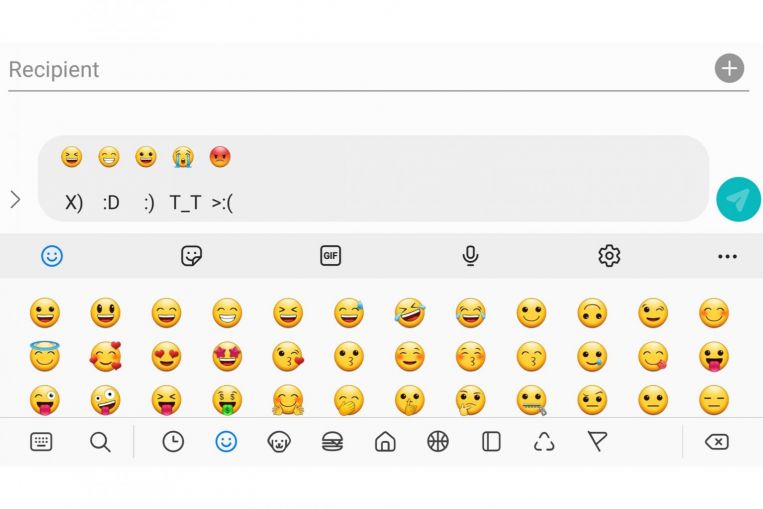SINGAPORE – Once a way to send images and clips through mobile text messages before chat apps rose in popularity, multimedia messaging service (MMS) will no longer be offered by telcos in Singapore after the middle of November.
This is another mobile technology of yesteryear that will bite the dust, after 2G mobile networks closed here for good in 2017. MMS was introduced in the early 2000s.
With no more MMS, short message service (SMS) texts cannot be used to send photos, animations and music files in the near future.
Currently, SMS texts with such files are converted into MMS.
It also means that some old phones might be unable to send SMS texts with emojis without tinkering. This is because such legacy phones also convert emoji-laden SMS into MMS, an issue reported six years ago.
So, to send a smiley with old handsets, an easy fix would be for the user to key it in text, for instance by typing 🙂 in place of the emoji.
Newer phones can usually send SMS texts with emojis as regular text messages without this conversion.
Other scenarios in which SMS gets inadvertently changed to MMS will also become irrelevant.
These include sending very long SMS texts because when MMS ends, such lengthy messages will likely be sent as a series of SMS texts instead.
The SMS to MMS conversion can be a problem as sending an MMS is more expensive than SMS.
If someone has used up the free bundled SMS or MMS from his mobile plan, he can be charged about five cents for each excess local SMS text that is sent after that. But it generally costs 30 cents to 80 cents for an MMS.
Singtel, StarHub and M1 told The Straits Times that the decision to end MMS was due to falling demand for it.
“In the last three years alone, we’ve seen a 40 per cent decline in MMS traffic and ceasing this service allows us to channel resources towards what customers really seek,” said M1.
StarHub said MMS is “rarely used these days” and “we believe the cessation will not have a significant impact on our customers”.
But the telcos assured users that SMS will still be available.
“SMS continues to be a widely used application that’s supported by all devices and networks,” said Singtel.
“It remains a growing business for us, especially with increased e-commerce and online activity in many sectors resulting in the need for text alerts, one-time passwords, notifications and marketing messages.”
According to market research firm IDC, SMS and MMS messaging traffic – which are not tracked separately – has fallen in Singapore by about 16 per cent annually over the past five years.
The revenue from it has also slipped, with a compound annual growth rate of minus 20 per cent over the same period.
Traffic is expected to dip further for the 2020 to 2025 time frame.
Mr Nikhil Batra, associate research director for telecom and the Internet of Things for Asia-Pacific at IDC, said that with the ongoing nationwide 5G implementations around the world, “telcos are working on unifying their back-end technology solutions and retiring some old legacy applications”.
Singtel and M1 are advising customers to switch from MMS to apps such as WhatsApp, Facebook Messenger, Telegram and WeChat.
“With the rise of social media platforms and messaging applications, users can now send across images and videos seamlessly,” said M1.
“Due to their ease of use and popularity, many users are now using these apps rather than messaging services like MMS.”
Join ST’s Telegram channel here and get the latest breaking news delivered to you.
Source: Read Full Article
